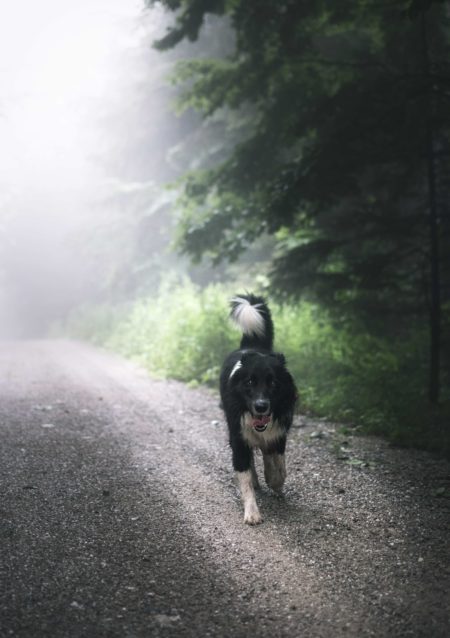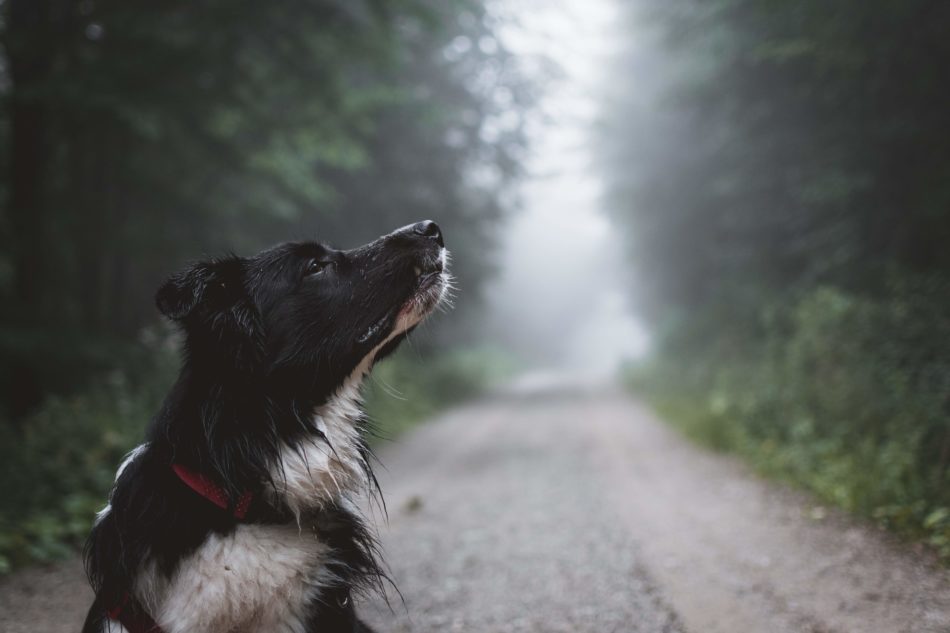Caring for an Older Dog
Photos by Tadeusz Lakota on Unsplash
In many ways dogs age in similar ways to humans. Older dogs have less energy, lose some of their senses, experience changes in sleeping and eating patterns, go grey and can have trouble remembering the most ordinary things.
Additionally, muscles and bones become weaker, and the immune system is not as good at fighting off infections. Internal organs also get more tired, so the dog is more prone to liver, heart and kidney disease.
This may seem rather gloomy and depressing, but it is just a part of nature we have to accept, and as long as you as an owner continue to care for your dog in an appropriate way as they get older, you can really enjoy the last golden years together.
What counts as a senior dog?
Not all dogs reach old age at the same time. Just as with humans, some dogs seem a lot younger or older than their actual age, and genetics play a part in the risk of developing diseases and problems with hearing and sight.
But the most important thing when figuring out when your dog will be a senior is size. Toy dogs, terriers and other small breeds are seen as old when they are 10-11 years, medium-sized breeds like retrievers are considered seniors when they are 8-10 years, and large and giant breeds reach old age at 5 or 6.
 What can I do to help my dog in old age?
What can I do to help my dog in old age?
Your dog will still need regular exercise, even if it might look a bit different from when they were young and bouncy. Accept that the dog won’t be able to come on the long walks they used to love, and try exercising for shorter periods of time more often. Remember to also stimulate your elderly dog mentally. Food toys and puzzles will be great for keeping your dog’s brain sharp.
Older dogs that do not move around as they once did run the risk of excessive weight gain, and their diet will need to be adjusted to fit their new energy levels. Ask your vet for advice on what to feed your senior dog, but in general it is good to choose a low fat feed and limit the amount of treats.
Make sure you take your dog to the vet for more regular check ups as he or she gets older. That way you will be able to spot potential problems early on. Dental hygiene is more important than ever, and it is common that the skin gets drier and the coat less shiny, so it might be a good idea to do a bit more grooming.
Changing sleeping habits
Long gone are the puppy days when your dog passed out anywhere and slept for hours. Comfort is super important for older dogs, and their tired muscles and bones will need support.
Choose a dog bed that is designed to look after the dog’s body, ideally with a firm but supportive mattress and a soft cover.
It is also important to be aware that senior dogs often are much more sensitive to temperature changes. Place the dog’s bed somewhere that stays warm in Winter and cool in Summer, and provide them with an extra blanket in Winter and maybe use a cooling mat in Summer.
Making the right decisions at the end of life
There might come a time when you as an owner will have to make unpleasant decisions regarding your dog’s health and potentially whether or not your pet’s life is worth living.
If your dog develops an illness that can be treated, you will need to consider what the interventions will be like for the dog, what their quality of life will be after the treatment, and how long it may extend their life. If you have insurance, money hopefully does not have to be a factor to consider, but many operations and treatments are extremely pricey and far from risk free.
Remember to try and put your own feelings to one side and concentrate on what is best for your dog. Although you might be able to get another few months together with your pet, he or she might be in constant pain, and will not be able to do all the things they used to love, and will not enjoy themselves.
Older pets can easily struggle with anxiety. Their body and mind are changing, and they cannot figure out why. Even if your dog might not be able to see or hear you as well as they used to, they can sense your presence, and that will make them calm and happy, so try to spend as much time together as possible. The last few years of your dog’s life can be a wonderful time for both of you, so do not dwell on aging but take them for a walk, snuggle up with them on the sofa, and play with them – just like you have always done!
This entry was posted in Dogs
